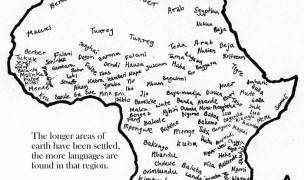 10 Terms
10 TermsHome > Industry/Domain > Astronomy > Planetary science
Planetary science
The scientific study of planets including Earth, moons, and planetary systems of the Solar System in particular and the processes that form them.
Industry: Astronomy
Add a new termContributors in Planetary science
Planetary science
Silicon
Astronomy; Planetary science
An element with atomic number 14; symbol: Si. Silicon is the most abundant element besides oxygen in planets, and forms the basis for silicate minerals such as olivine, pyroxene, and plagioclase.
Dissociation
Astronomy; Planetary science
The splitting apart of a molecule into its consituent atoms. For example, the splitting of carbon monoxide into carbon and oxygen or the splitting of water into hydrogen and oxygen when struck by ...
Spectroscopy
Astronomy; Planetary science
The study of spectra. Every atom can only emit or absorb certain energies or wavelengths. Scientists use instruments called spectrometers to study the location and spacing of reflectance, emission, ...
Pascal
Astronomy; Planetary science
The standard unit of pressure is the pascal, abbreviated Pa, which is equivalent to 1 kg/m 2 . The pressure at the surface of the Earth is 100,000 Pa. Pressures inside planets are very large numbers, ...
Magnetometer
Astronomy; Planetary science
Sensitive scientific instrument used to measure the intensity at various points of Earth's (or another planetary body's) magnetic field.
Rock
Astronomy; Planetary science
A naturally formed solid that is an aggregate of one or more minerals.
Impact
Astronomy; Planetary science
The forceful striking of one body, such as a meteorite, against another body such as a moon or planet.


